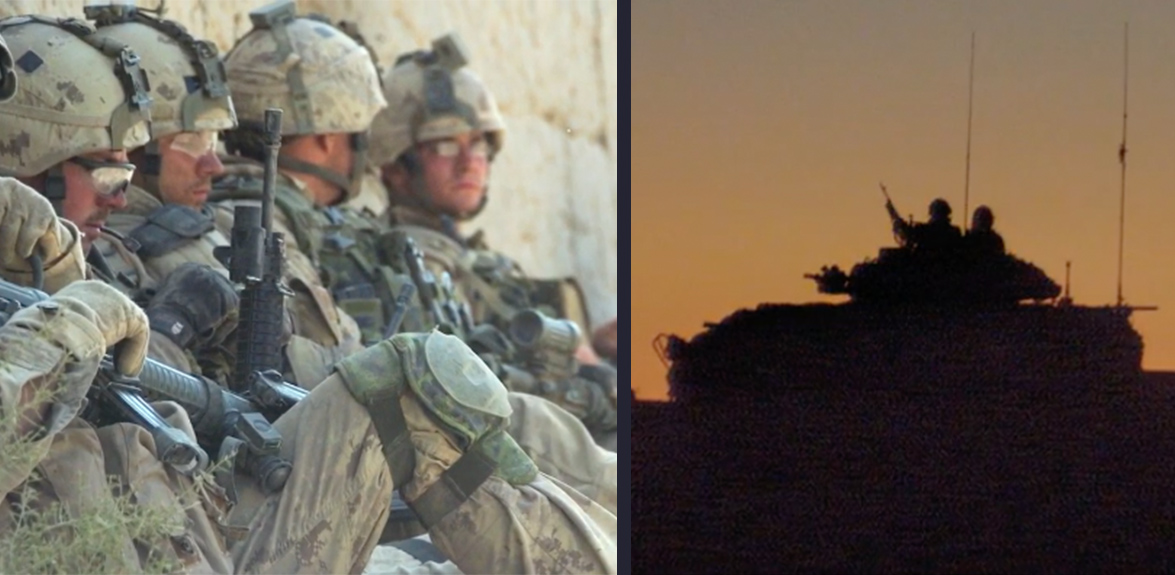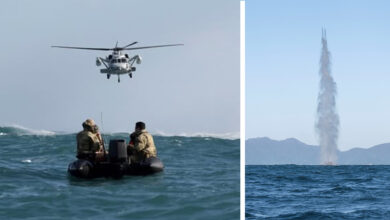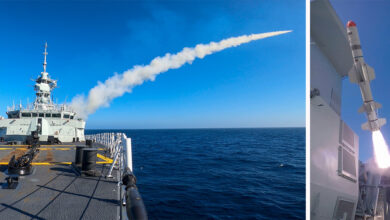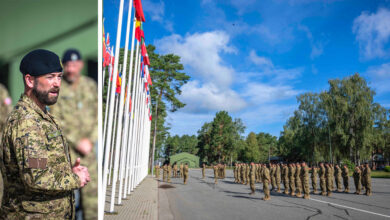Operations
Clearing The Way producer offering complimentary viewing of Canadian Combat Engineers in Afghanistan during Operation Medusa
This year marks the 14th year Canadian Armed Forces (CAF) conducted what is considered one of the deadliest operations in recent military history: Operation Medusa.
To honour the sacrifice of Canadian soldiers and their ISAF allies Paul C. Culliton, producer of the documentary Clearing the Way, Combat Engineers in Kandahar, is making Clearing the Way available for viewing at no charge beginning September 5, 2020, until September 17, 2020, the duration of the battle.
Culliton says he would like people to do one thing while watching.
“Listen. Listen to the accounts of the soldiers who were there, what they saw, what they lived through, what they endured. Clearing the Way and accounts of the Battle Op Medusa is told by the men in their own words. For all these men, it was a life defining experience. Listen, and you will learn. Truly learn. What it was like to be a Canadian Soldier in Afghanistan.”
Based on the book by Col. Mark Gasparotto (Ret’d), “Clearing the Way” is considered by Canadian Engineers and other ISAF nations to be one of the most realistic documentaries of the Afghan conflict. It is a classic study in the combat engineer experience of asymmetric warfare in Afghanistan.
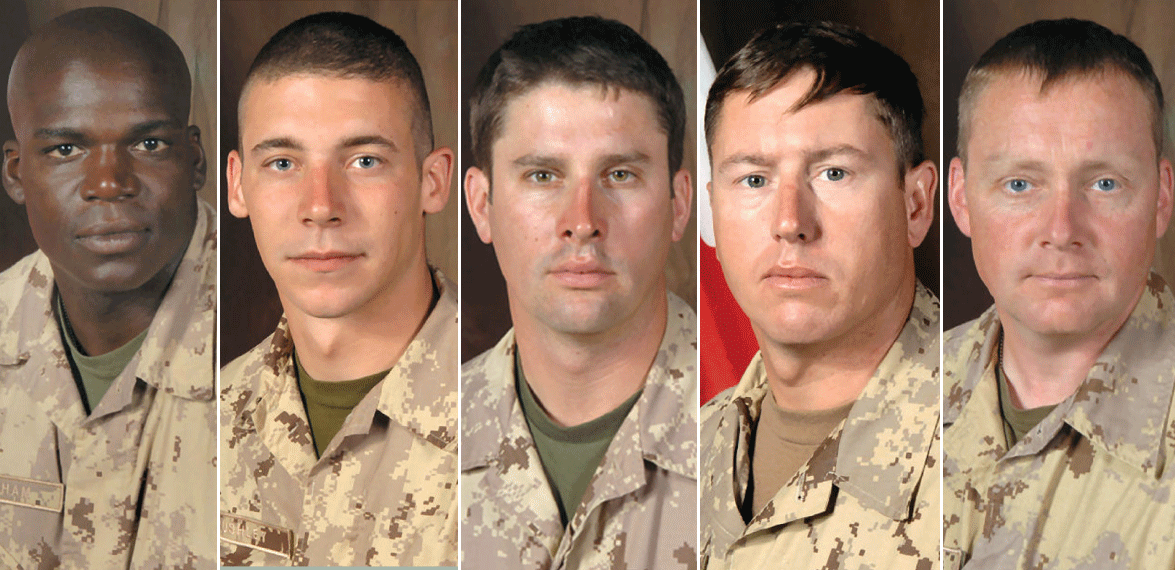
The documentary was created to understand what it was like to be a Canadian Soldier and an engineer in Afghanistan.
Culliton says, “The Canadian soldier met the challenge of asymmetric and conventional warfare and defeated a very determined foe. It showed the Taliban, who wanted to take back control of Kandahar and Kandahar province, that the Canadian soldier was a formidable opponent to be respected and feared.”
The general public was able to read about what was happening in Afghanistan at the time, the news but may not have understood what was happening.
For military family members that had a loved one deployed to Afghanistan, the documentary may help them understand what their loved ones endured while deployed.
“The Canadian soldier met the challenge of asymmetric and conventional warfare and defeated a very determined foe. It showed the Taliban, who wanted to take back control of Kandahar and Kandahar province, that the Canadian soldier was a formidable opponent to be respected and feared.” Culliton
As for the next generation of Canadian soldiers, who were only children at the time, the documentary lets people watch and learn what a real combat experience and asymmetric warfare is like, and to appreciate their inheritance as Canadian soldiers.
The film covers Canadian Engineers and Canadian Forces in Afghanistan, 23 Field Squadron, from August 2006 to February 2007, and in particular, Op. Medusa, September 2 to 17, 2006.
The footage of Op. Medusa used in this film is historic as it is the first battle footage ever shot by Canadian soldiers of Canadian soldiers in combat, noted Culliton. The soldiers themselves shot most of the photos and footage while they were deployed.
On September 2, 2006, the Canadian Armed Forces (CAF) led a major multinational offensive in Kandahar Province. More than 1,000 CAF members and hundreds of soldiers from other countries took part.
The operation was a NATO battle fought with a combined aerial and ground offensive to reclaim the Pashmal/Panjawyi district of Afghanistan from the Taliban.
It is considered to be one of the most deadly operations in recent military history and was the most massive Canadian combat operation since the Korean War.
“It really defined a new generation of soldiers for the Canadian Army because for most of us it was really our first experience in combat operations, even though most of us had experience in peace support type of operations in the Balkans etc. It really changed the culture and character of the Canadian Army certain reinforcing what ti is we are really in the end and as a last result trained to do,” said MGen. Omer Lavoie, commander of the Task Force 3-06 Battle Group in Operation Medusa in a previous article.
Beginning in the summer of 2006, hundreds of Taliban insurgents had begun to gather in the Panjwaii district of Kandahar Province in preparation for a major assault on the city of Kandahar.
Op. Medusa was crucial to shift the Taliban’s influence in the area and stop them from taking control of the region.
A force of 1,000 strong gathered to conduct a Canadian-Army led offensive. The soldiers included four companies, one artillery battery, one ISTAR Squadron, one engineer squadron, elements of the Afghan National Army, and the United States Army.
To view the documentary, follow the link and use the password: Medusa. People can also donated to Culliton’s GoFundMe Page to help cover the costs of the documentary.
Both aerial strikes and ground offensives were launched by the coalition on September 2, attacking the Taliban from the northern and southern regions of the area.
The first day of the operation was a success for the coalition. The second day took a turn when forces were ordered to head deeper into enemy territory without detailed reconnaissance, costing five Canadian soldiers’ lives.
Four of the fallen soldiers were from the 1st Battalion, The Royal Canadian Regiment based in Petawawa: Private William Cushley, Private Mark Anthony Graham, Warrant Officer Frank Mellish, and Warrant Officer Richard Nolan. One soldier was an engineer saving with 2 Combat Engineer Regiment: Sergeant Shane Stachnik.
The CAF switched tactics, moving to the north to attack the Taliban while they were distracted by fighting remaining soldiers in the south. In a week, the Taliban were destroyed and forced out of the area.
The fight proved fatal, with 12 Canadian soldiers losing their lives, 40 Canadian personnel were wounded, and 14 British military personnel were killed when their plane crashed.
Five soldiers lost their lives during major combat operations. Five soldiers lost their lives in bombings, and two soldiers lost their lives in a mortar/RPG attack during the operation’s reconstruction phase.
To view the documentary, follow this link and use the password: Medusa. People can also donated to Culliton’s GoFundMe Page to help cover the costs of the documentary.
The documentary will be valid until Tuesday, September 17, 2020.


